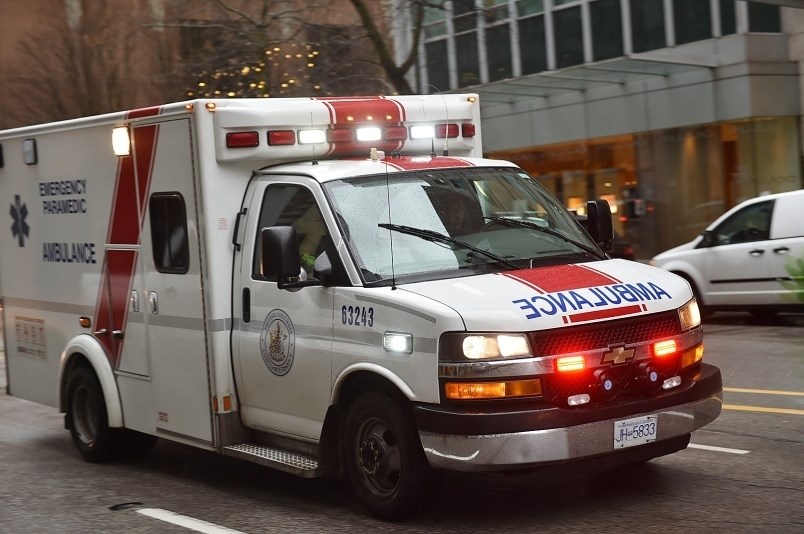Twenty-five people have died in Coquitlam from overdoses since January putting 2020 on track to be one of the worst years on record for drug toxicity deaths in the municipality, according to BC Coroners Statistics.
The numbers mirror a broader trend in the Fraser North region, which includes Port Coquitlam, Port Moody, Burnaby, New Westminster, Maple Ridge and Pitt Meadows. The area has seen 140 drug toxicity deaths since the beginning of the year — nearing the 2018 record high of 151.
The statistics also highlight that, across British Columbia, more than five people per day lost their lives to drug overdoses in October.
“This is the fifth month this year with more than 160 suspected illicit drug deaths reported to the BC Coroners Service, and more than double the number of people who died as a result of a toxic drug supply in October 2019,” said chief coroner Lisa Lapointe, in a news release.
With a month left to go in 2020, B.C. has seen 1,386 illicit drug deaths so far this year; the previous all-time high was in 2018 (1,549) and 2017 (1,493).
Provincial health officer Dr. Bonnie Henry said the COVID-19 pandemic has disrupted the normal drug supply chains and led to extreme concentrations of fentanyl in the illicit substances being consumed.
“The COVID-19 pandemic continues to have a devastating effect on the overdose crisis in B.C.,” she said. “Exacerbating this is the highly toxic drug supply that exists in our communities right now. This latest report shows the tragic impact this crisis is having on British Columbians, and this is a problem for all of us.”
“Now more than ever, we must remove the stigma of drug use and remove the shame people feel, which keeps them from seeking help or telling friends and family,” Henry said.
Both Henry and Lapointe have urged clinicians to prescribe safe supply to those at risk of an overdose, and pushed for more treatment and recovery systems.
For the relatives of the 162 people who died in October, the impact of the opioid crisis is devastating, said Leslie McBain, the co-founder and chief executive officer of Moms Stop the Harm.
“What makes the deaths by toxic drug poisoning even more difficult to take in is that the deaths are mostly preventable,” she said. “We must embrace harm reduction measures, including a safe supply. These deaths are a mother’s worst nightmare.”



